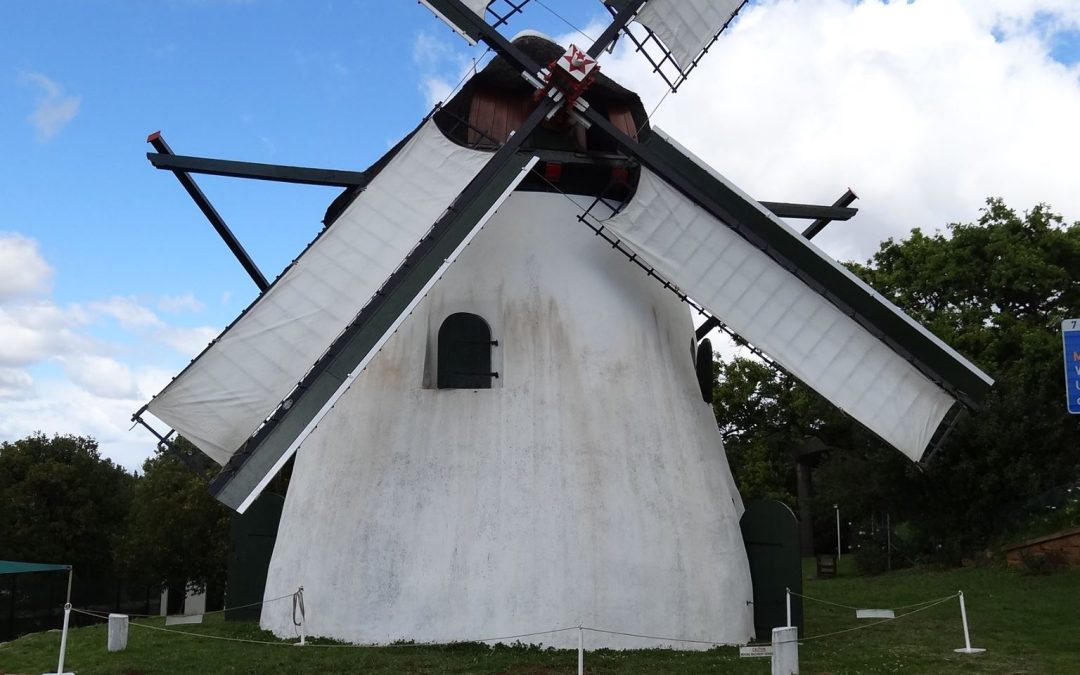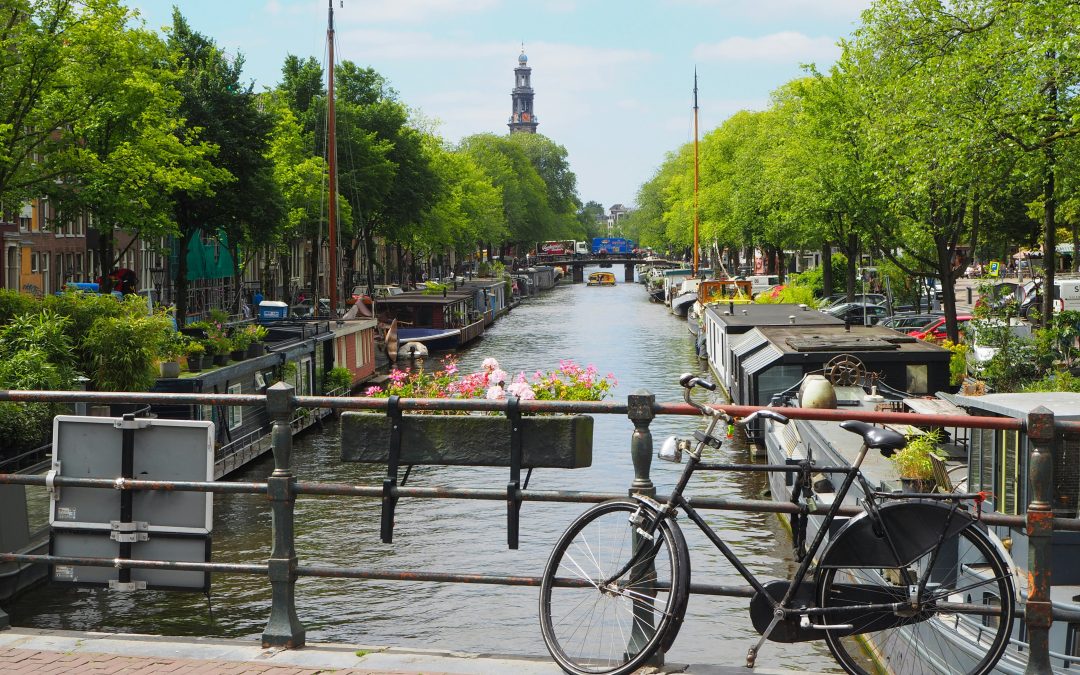In September 2017, Canadian media reported on a South African family whose application for refugee status in Canada failed. The husband, wife, two of their children and her parents visited family members in Canada in 2016. Ten days after their arrival, they applied for refugee status on account of the number of crime incidents they suffered. It included a vehicle hijacking in 1995, a farm attack in 2004, burglary in 2013, and motor theft and attempted theft of a cell phone in 2014. They argued that the events were hate crimes and that they were targeted because they were white Afrikaners.
Both the Immigration and Refugee Board and the Federal Court of Canada turned down their application. The latter’s ruling was that all South Africans are affected by crime and that the events were caused by economic factors rather than race. The court conceded that South African crime rates are high, but pointed out that Canada’s Immigration and Refugee Protection Act does not provide for shelter for all those who live under difficult circumstances in their countries of origin, but to assist people who suffer specific types of prosecution.
The purpose of this article is not to debate the merits of the decision. What is more important is to remind people thoroughly consider, and make provision for, all events if they would decide to emigrate.
Refugee Status
Sometimes there are rumours that many people have already obtained refugee status on the grounds of events in South Africa. Canada is then mentioned as one of the destinations. The fact is that only 32 South Africans obtained refugee status between January 2013 and September 2017. That is very few people. Those who were unsuccessful lost thousands of rands and will find it very difficult to travel to any destination outside of South Africa in the future because their passports will now be labelled with the unsuccessful application, branding them as a risk of illegal immigration.
Even for people whose applications are successful, things are not necessarily easy. Refugee status or asylum is not a shortcut immigration process. It is merely a license from another government to temporarily (this is important), and on their conditions, find shelter until the situation you fled has improved. In some countries, the conditions are that you have to live in a camp or other prescribed housing and that you don’t have much freedom of movement. In others, your right to find a job is limited. Sometimes residents are very unfriendly. Of course, you cannot travel a lot; you may especially not return to your country of origin – not even when a parent or child dies there. And last but not least, should the local government at any given time decide that things are better in your country, they may send you back. You do not automatically receive the right to stay, not even if you have neither kith nor kin nor property any more in your country of origin.
Thus, refugee status is an option that you should only consider in the most desperate emergency situation.
Beware of good news, good experiences and good advice
People who want to take the big step to move to another country permanently often rely heavily upon good news – with disastrous consequences. Good news from friends and family who already live elsewhere must be viewed objectively. First of all, they may only be positive because they want to save everyone at home the sorrow of knowing that they are struggling. They just send the beautiful pictures and tell of the good times. Check out the many Facebook groups to see what other people say and carefully consider all the opinions before the good news convinces you to go. Also remember to compare their dispositions and interests with that of you and your family. If one family are extrovert sportspeople and the other introvert bookworms, they will experience the same destination differently.
A good visit as a tourist is also not the same as good residency. Compare temperatures, weather conditions, endemic diseases, local habits and even infrastructure such as electricity supply and internet access.
Good advice from service providers should also not be accepted out of hand. Get referrals before paying dearly for services from immigration specialists. Many villains are exploiting prospective emigrants, and because such kinds of fraud take place across borders, they rarely are captured.
Take care of Plan B
People will not simply jump into the car and move from Pretoria to Cape Town without work, money or accommodation in the pipeline. Funny enough, some people emigrate like this. This kind of story rarely has a happy ending. Make sure you have enough money, job opportunities, accommodation and knowledge before packing your bags. Medical emergencies, adaptation problems, family crises, divorces, changing immigration legislation, sudden job losses, natural disasters or a breadwinner’s death can leave you overnight in a foreign country without the safety net of old friends and relatives. No repatriation fund or organisation pay for stranded South Africans to return – if you cannot pay to come back, your loved ones may have to pay up, or you may even end up in detention. Provide for Plan B – if everything goes smoothly, you won’t lose anything.
Finally, provide for a will that will be valid in all countries where you have assets or where your minor children live. Again, it is only a little effort, but it may prevent great sadness.
Conclusion
Migration is unique to our time – the world is getting smaller and there are South Africans in all corners of the earth. Few of them have bad luck, but even one stranded South African is one too much, especially if it is someone close to your heart. These guidelines will hopefully help those who consider emigration to plan better and to make informed decisions.
Direct inquiries about remigration to South Africa to wereldwyd@afriforum.co.za.









